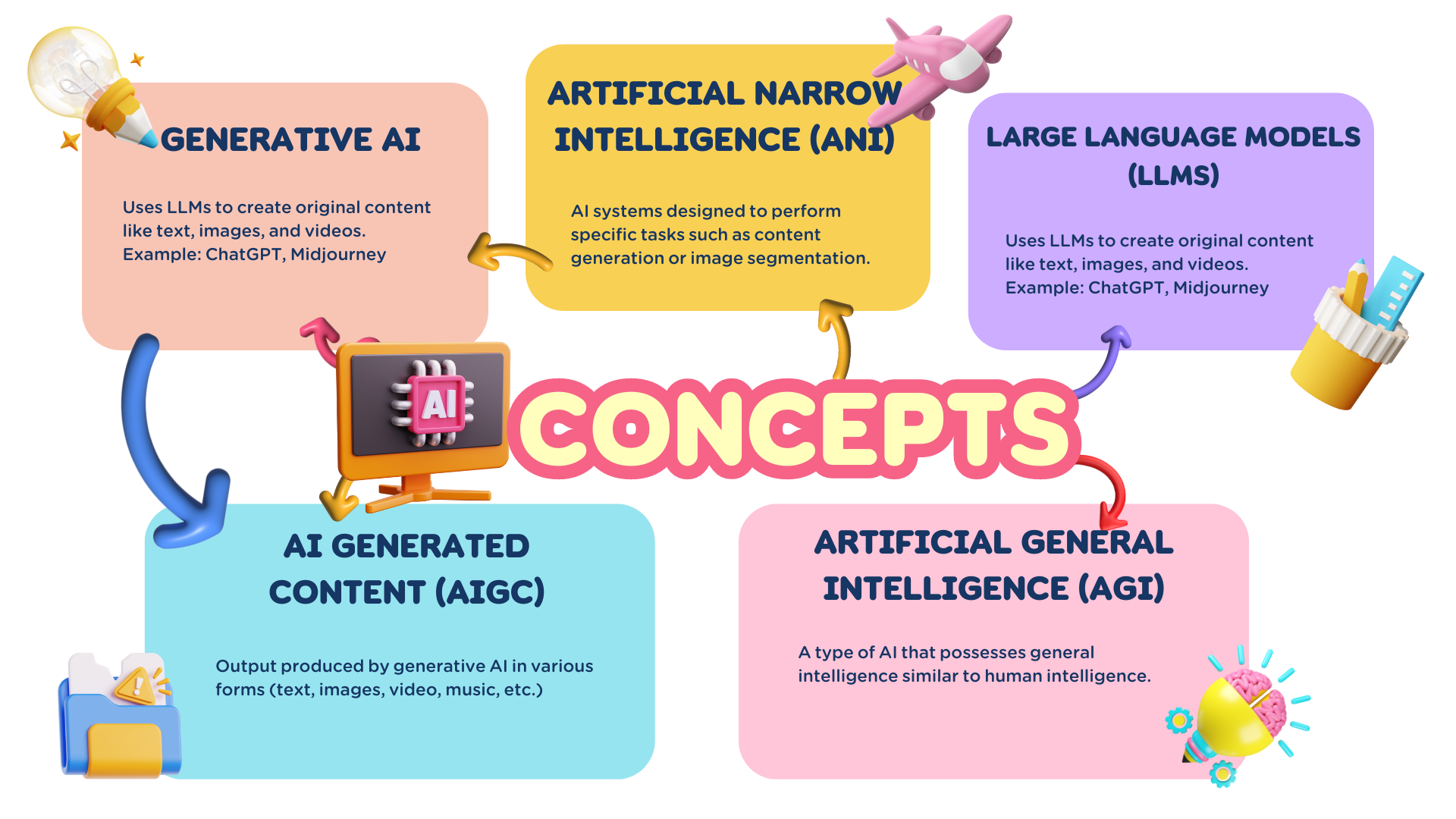
Artificial Intelligence (AI) has rapidly become an integral part of our lives, powering everything from smartphones to self-driving cars. With such advancements, a common question arises: Will AI eventually surpass human capabilities and take over the world?
Let's delve into this complex topic, examining different perspectives and exploring the possibilities with Espiknow AI.
The Hype and Fear Surrounding AI Dominance
The idea of AI taking over the world often conjures up images of superintelligent robots overthrowing humanity, a scenario popularized in science fiction movies. However, the reality is far more nuanced.
While AI has made significant progress, it's crucial to distinguish between narrow AI and artificial general intelligence (AGI). Narrow AI excels at specific tasks, like playing chess or recognizing faces, but lacks the broad cognitive abilities of humans. AGI, on the other hand, would possess human-level intelligence and beyond, making it capable of performing any intellectual task that a human can.
The Current State of AI: Narrow AI's Rise

Currently, all existing AI systems are classified as narrow AI. They are highly specialized tools that perform specific functions exceptionally well. However, they lack the ability to think, reason, or act autonomously beyond their programmed tasks.
Espiknow AI, for instance, leverages narrow AI to empower businesses, educators, and creators in Africa. Our AI tools excel at generating text, creating images and videos, analyzing data, and providing insights, but they are not designed to act independently or replace human decision-making.
The Path to AGI: Challenges and Uncertainties
The development of AGI remains a long-term goal with significant technical and ethical challenges. Creating machines with human-level intelligence requires breakthroughs in areas like natural language understanding, common sense reasoning, and consciousness.
Even if AGI is achieved, ensuring its safe and beneficial use is paramount. Concerns about unintended consequences, bias, and potential misuse of AI raise important ethical questions that need careful consideration.
Espiknow AI's Perspective: AI as a Tool for Empowerment
At Espiknow AI, we envision AI as a powerful tool for empowering individuals and communities, not as a threat to humanity. We believe that AI should be developed and used responsibly, with a focus on transparency, fairness, and human well-being.
Our mission is to democratize access to AI in Africa, providing affordable and user-friendly tools that enable businesses, educators, and creators to thrive. By harnessing the power of AI, we can address challenges, unlock new opportunities, and drive positive change across the continent.
Conclusion
The question of whether AI will take over the world is complex and multifaceted. While the development of AGI remains a distant possibility, the potential impact of AI on our lives is undeniable.
By focusing on responsible AI development, ethical considerations, and empowering applications, we can ensure that AI serves as a tool for good, enhancing human capabilities and enriching our lives.
At Espiknow AI, we are committed to building a future where AI and humans work together harmoniously to achieve shared goals and create a better world for all.



